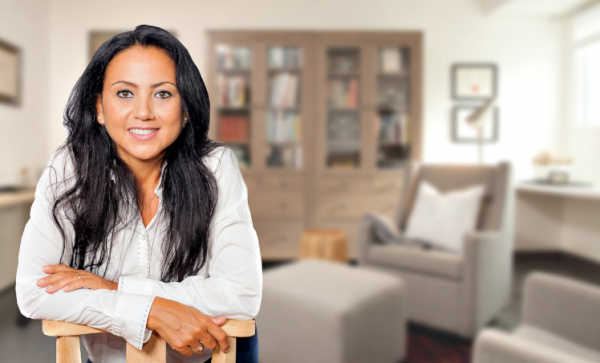To be successful in the long term, patients need a comprehensive treatment program that covers all of their needs, including medical assistance, counseling, and social support. As an outpatient addiction resident, let's look at a typical day in an outpatient substance abuse treatment center.
Outpatient Substance Abuse Treatment Program Schedule
● Skills Development Sessions
As part of a comprehensive outpatient treatment program, patients may attend regular skills development sessions. A therapist or a behavioral health technician (BHT) who is trained in skills training usually leads these programs.
Skills development is a form of group therapy in which patients practice new or existing coping skills. For example, patients may learn how to manage their emotions, deal with interpersonal conflict, handle stressful situations or improve their communication skills.
● Drug Or Alcohol Refusal Training
As part of outpatient treatment, drug or alcohol refusal training is designed to help patients learn to refuse substances when offered by friends or family members. This therapy is designed to help patients build confidence and gain the self-esteem they need to resist the pull of addiction.
Patients are taught how to respond to these situations and set boundaries for themselves. This type of therapy is highly recommended for anybody entering treatment for a substance use disorder.
● Assertiveness Training
This therapy is designed to help patients feel more confident about standing up for themselves and setting boundaries. Therapists recommend assertiveness training for people who tend to be too passive or too aggressive.
● Stress Management Exercises
In some outpatient substance abuse treatment programs, therapists may offer stress management exercises as a type of therapy. Patients may learn breathing exercises, yoga, meditation, visualization techniques, and other ways to reduce stress and strengthen their mental health.
● Support Groups
Many outpatient programs offer support groups as a part of their treatment program. Support groups are led by peers who have been in treatment for a significant time and have learned valuable skills, such as how to abstain from substances. They also understand the challenges patients face in treatment and can help guide them through the process. Support groups can benefit new patients who need additional emotional support during their initial treatment program.
Expected Therapies
● Individual Therapy
It is beneficial to undergo therapy, which can be tailored to meet your specific needs. Cognitive behavioral therapy (CBT) is just one of many one-on-one treatment options in rehab centers. You can gain more awareness of your actions, as well as your substance use disorder, in individual therapy sessions.
● Group Therapy
Group therapy will provide a comfortable environment where you can meet other rehab participants. The people you meet may also have similar addiction struggles or stories to share.
When you share your personal experiences with others in a group setting, you can better understand drug addiction and learn ways to cope.
● Family Therapy
You and your loved ones may be required to participate in family therapy sessions as part of addiction recovery. Long-term recovery patients especially need this.
Support groups and support systems are crucial during rehab and detox. However, addiction recovery ultimately depends on you. The most important thing is to choose recovery for yourself, regardless of what your family and friends are doing to support you.
Summary
You will also have some free time in your schedule at many outpatient substance abuse treatment centers. Rec rooms and other common areas are features of recovery centers where you can relax, decompress, and connect with other clients.





